A planning inquiry has heard that the proposed Muslim funeral building in Farnham would be a structure that the entire town could take pride in.
The claim was made by Lord Charles Banner KC during his closing statements at the planning appeal into the development for Hale Road.
Lord Banner, representing the appellant the Ismaili Trust charity, emphasised that the building had been designed by Neil McLaughlin MBE, one of the country’s most respected architects.
McLaughlin’s firm won the prestigious 2022 RIBA Stirling Prize for its design of the New Library at Magdalene College in Cambridge.
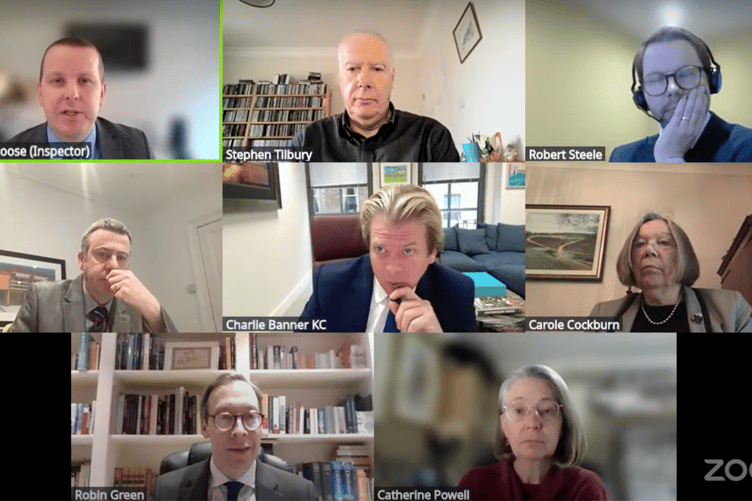
“The proposed development in this case genuinely is exceptional. It would provide the Ismaili community with a desperately needed, consolidated location for the sacred processes of saying goodbye to their loved ones,” Lord Banner said.
“The building and its setting would be something which not just they, but Farnham too, could be proud of - a piece of world-class architecture by a Stirling Prize winner, which it’s entirely plausible to think could itself be award-winning.”
He also argued that the building would have benefits for the local landscape, with “significant sustainability and biodiversity gains.”
Additionally, it would have the “added benefit of safeguarding the site from potential future development pressures”.
Lord Banner, one of the country’s top planning lawyers, pointed out that the Ismaili community’s current funeral facilities in Brookwood were inadequate.
He further argued that the new building was vital for the ghusl, the Muslim burial rites. This, he said, was a “sacred and spiritual process of fundamental significance to the Ismaili religion and culture.”
“The Ismailis who live in the southeast of England currently don't have a single location where these processes can take place,” he said.
“Burials take place, as you know, at the Ismaili cemetery at Brookwood, but that's approaching capacity.
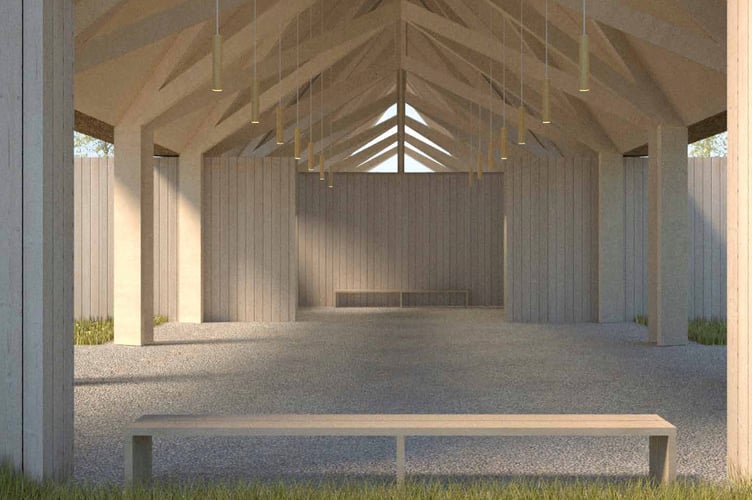
“Further, and fundamentally, there is no accompanying building where the body can be prepared. You’ve heard how this has to be done off-site in third-party premises, which vary in quality, availability, and location, meaning the volunteers involved in the ghusl process have to travel to multiple locations, often in the middle of the night.”
Lord Banner closed with an appeal to the inquiry’s decision-makers. “In the event that the appeal were dismissed, most people go into planning to help make a difference in the built environment for the good of society,” he said.
“What a chance this proposal presents to make a positive difference in the public interest. Wouldn’t it be a proud moment to look back on the appeal scheme in years to come and think, ‘I played a part in making this happen’?”
The proposal has faced opposition from local residents, while Waverley Borough Council had previously refused planning permission.
Robin Green, representing Waverley Borough Council, argued that the development would cause significant harm to the local landscape.
The plan was for a "large building and ancillary development" in a "well-defined area of high landscape value and sensitivity" between two settlements, he said.
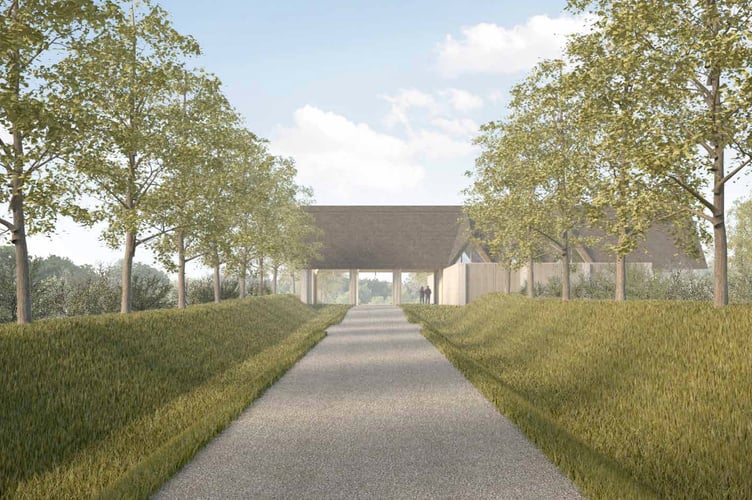
According to Mr Green, the proposed structure would "intrude into the open pastoral fields" that are characteristic of the rural area, causing "significant harm" to the environment.
“This development is contrary to a number of development plans and national policies designed to protect sensitive and valued landscapes,” he said.
While the council acknowledged that the new facility might offer benefits, particularly for members of the Ismaili community from the London area who would find it more convenient than existing arrangements, Mr Green stressed that the building would not provide wider advantages.
"It would bring no broader benefits," he said, "save for the original proposal for car parking at St John’s Church."
Mr Green acknowledged there were positive aspects of the scheme but argued that they did not outweigh the harm caused by a development that failed to align with the existing development plan.
Residents previously raised concerns that the building would worsen traffic congestion on the already busy Hale Road.
They also highlighted potential flooding risks and the possible harm to local wildlife, foliage, and the environment. Additionally, they argued that the majority of visitors to the funeral facilities would likely come from London, rather than the local area.
Planning inspector Gareth Wildgoose has set a deadline for further submissions by next Friday (January 24), with a decision expected to follow shortly thereafter.
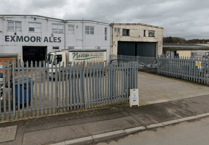
.jpeg?width=209&height=140&crop=209:145,smart&quality=75)

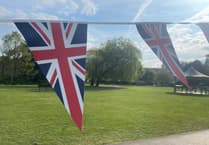

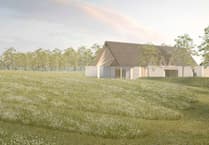
Comments
This article has no comments yet. Be the first to leave a comment.